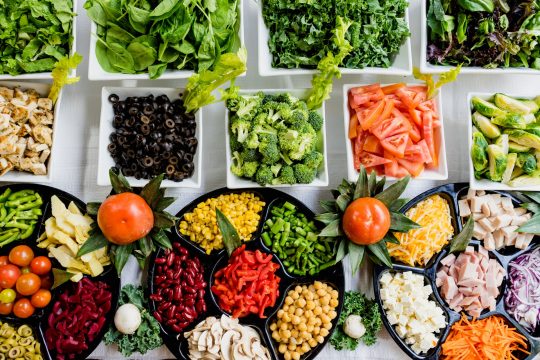The Importance of Nutrition
Nutrition is the science of the exchange of nutrients in food, the effect the body has on these nutrients, and how the human body uses them. Nutrition also takes into consideration how eating healthy influences the individual’s ability to protect against illness and what happens when an individual has too much or too little of a certain nutrient. For example, a diet low in fat would be beneficial for overall health but might not be as beneficial for someone who needs a high amount of fat. Why is this? Because your body needs certain nutrients just to maintain itself and stay in good health, while others are necessary to help fight off illness.
The first step in nutrition is to understand the three major components found in solid foods: carbohydrates, proteins, and fats. Carbohydrates are found in most foods as sugars. Proteins make up about 80% of the solid foods we consume. Fats are present in oils and some vegetable oils but are also found in some solid foods such as margarine, butter, mayonnaise, peanut butter, olives, and tropical oils. In this basic summary, carbohydrates and proteins seem to be the most important aspect of nutrition, while fat seems to be the least important.
Many people think that nutrition only involves eating healthy foods. This is not true because you also need to take vitamins and mineral supplements to get nutrients your body needs. It’s always best to get vitamins from fresh fruits and vegetables, which are high in all three nutrients. Why is this? Vitamins A, C, E, B-complex vitamins, fiber, potassium, magnesium, thiamin, riboflavin, and folic acid are only a few of the nutrients found in fruits and vegetables. As you can see, there are many different nutrients that are important for maintaining a healthy body.
Another fact about nutrition that is very important to remember is that it is not just what you eat, but how you cook it. When you cook foods you need to use oils, salt, spices, butter, vinegar, seasonings, etc., and avoid or reduce the use of simple sugars (manmade or natural) in your cooking. Sugars and simple sugars are empty calories and often times lead to weight gain. Consuming a diet rich in fruits and vegetables along with cutting out foods that are high in calories is a good way to maintain good health and keep off the extra weight.
The most important aspect of child nutrition is to teach them how to choose and eat healthy foods. This will help them grow into responsible, fit adults. You should encourage your children to take part in sports and physical activities so they will be physically active and have a healthy lifestyle. A child who is active is more likely to eat healthy foods, including a variety of fruits and vegetables.
Along with teaching your children the importance of nutrition you should also include them in the process of choosing and buying their own health food products. Your children will benefit from having nutritional supplements to help supplement their diets if they do not eat as well as you do. You can usually find these supplements at your local drug store or by shopping online. These supplements should be FDA approved for children and contain all of the vitamins and minerals your child needs to grow and develop properly. Nutritional supplements should only be used as a last resort to treat or help with a medical problem.

Lily is a chef and food blogger who focuses on plant-based dishes and sustainable cooking. She shares creative, eco-friendly recipes and tips for making flavorful, conscious meals.





